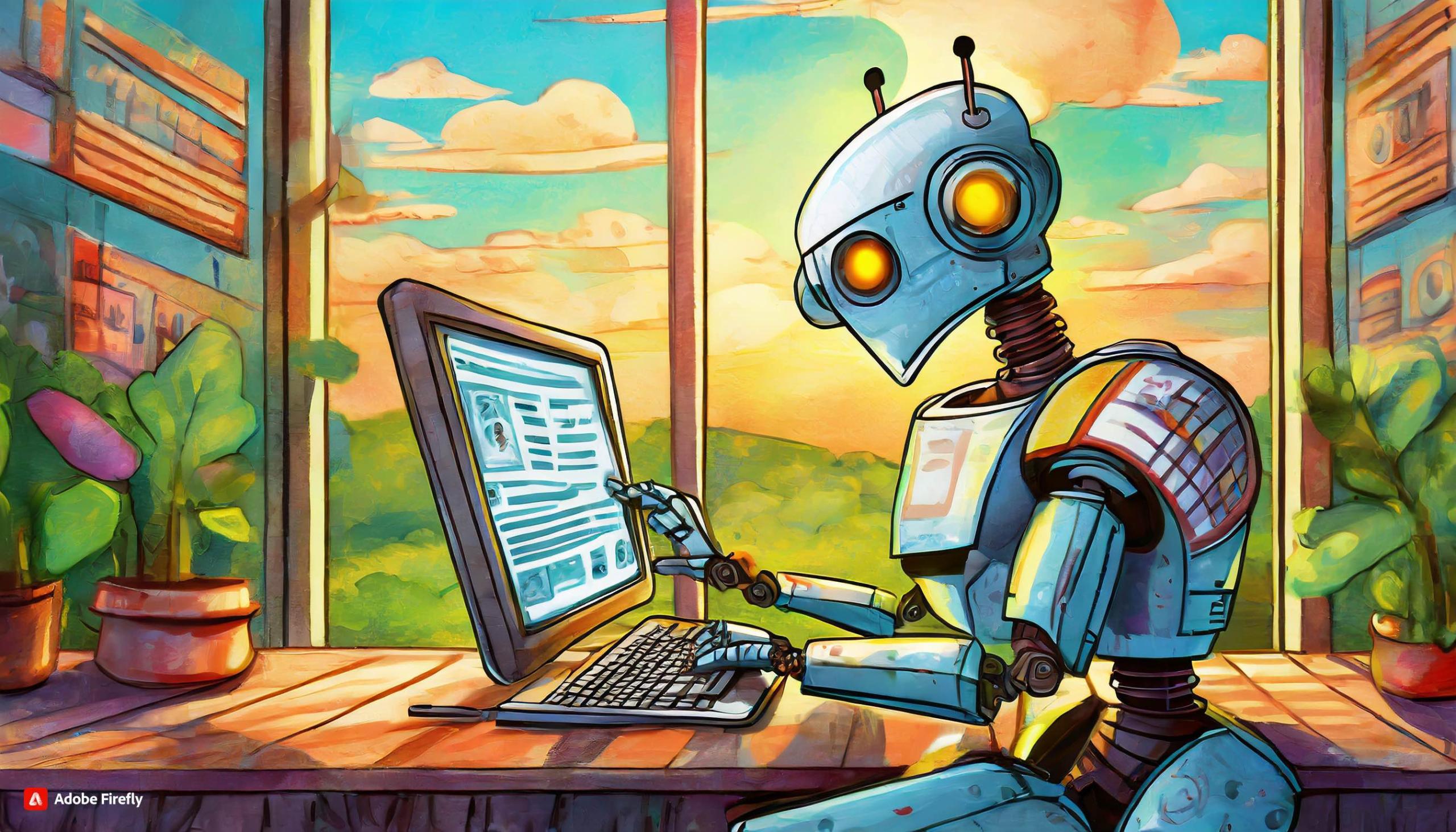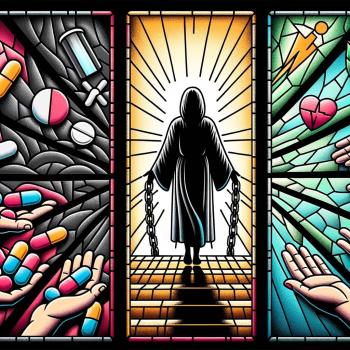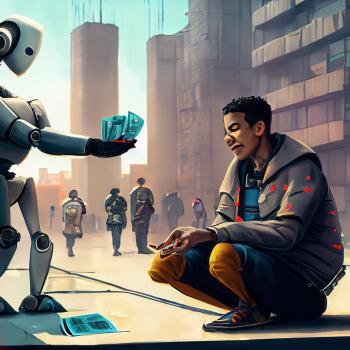
A Civil War Surgeon
One can imagine an exhausted Union surgeon staring grimly at his bloody surroundings on the evening of July 3rd, 1863. when the ongoing horror is interrupted by the news “the battle is over and the Union has won”. Many thoughts might begin running through his head:
Gratitude that victory has been achieved.
Weariness for work already done.
A resolve to continue working and save as many lives and limbs as possible.
What he is almost certainly not thinking about is the Taiping Rebellion, a far greater tragedy happening on the other side of the world in China. At the point the surgeon receives news of the Union victory the rebellion had raged for over a decade. It would last for nearly a decade more before it’s finally quashed. Much like how the Union crushed the Confederacy, though there were far more deaths. During the whole of the rebellion somewhere between twenty to thirty million people will die. The Civil War was bloody. Taiping was bloodier.
One can imagine all sorts of very good reasons why, despite the greater tragedy, this surgeon was unconcerned with the carnage in China. First, lack of awareness, and even if he had heard about it, it’s unlikely that he would have been aware of the full scope of the bloodshed. But beyond this, the most obvious reason it would have been far away from his thoughts is that he had his hands full dealing with the disaster right in front of him.
Our Attention Expands
This American myopia, as personified by our surgeon, did not last much longer. Fifty years later President Wilson was vowing to “make the world safe for democracy” as we entered into World War I.
From that time (at least) until now America has been meddling and intervening for moral reasons all over the world. It is not the intention of this post to argue over how pure those morals were. I think on some occasions the U.S. did great good and at other times claims of morality were thin cloaks for self-interest.
I think on balance the US has been a force for good. Yes, mistakes have been made, however if you consider merely our critical role in winning World War II that makes up for quite a few missteps.
Part of the difficulty preventing us from doing more good is that very few conflicts are as clear as World War II.
Sadly, that situation is about to get much, much worse.
You may have already guessed that I’m leading up to a discussion of the situation in Israel and the brutal and barbaric acts committed by Hamas on October 7th. This situation may be the last time where morality is so clear. What Hamas did on that day was unambiguously evil, but what follows is going to become increasingly murky.
The Troubles of Technology
In order to intervene in a moral fashion you have to have a clear idea of what’s happening. To put it in more religious terms: in order to be righteous you have to know what righteousness is. The fog of war has always made that difficult. On top of which the situation in the Middle East has long been prone to misinformation, lies, and half-truths, if only because there’s been so much tit-for-tat violence. But in this latest conflict there will be yet one more wrinkle: the technology is now available to produce rapid and realistic fake information, whether it be photos, videos, or even voices.
Perhaps we can just continue to assume that regardless of what we see that the good guys and bad guys haven’t changed. But this assumes that there are purely good actors and purely evil actors, but as Alexander Solzhenitsyn wisely remarked:
Gradually it was disclosed to me that the line separating good and evil passes not through states, nor between classes, nor between political parties either—but right through every human heart—and through all human hearts. This line shifts. Inside us, it oscillates with the years. And even within hearts overwhelmed by evil, one small bridgehead of good is retained. And even in the best of all hearts, there remains… an unuprooted small corner of evil.
Which is to say that this is a dangerous assumption to have. And if you can’t tell what’s going on because there’s a deluge of information, much of it fake, then it’s going to be easy to make mistakes. When your intervention includes killing people, it’s best if you don’t make any mistakes.
What Is to Be Done?
This idea of a global cop is a relatively new one. Arguably Great Britain fulfilled the role before we did—for example their efforts to end the slave trade. Regardless, it’s a modern phenomenon. For most of human history we were much like the surgeon: we had all that we could handle dealing with the problems right in front of us. Perhaps there was wisdom in that.
It feels like we may be returning to our historical state of ignorance. It used to be that our knowledge of far away places was scarce, now it grows ever more unreliable. As such, it will become ever more difficult to do good, and to exercise morality on a global scale. I hope I’m wrong, and to the extent that we can do good in the wider world we should continue to do so. But this also might be a good opportunity to focus on doing good to those around you.
Be kind to the stranger you meet.
Love and take care of our family.
Heal the wounds of our own nation.
It would be nice if there were no limit to the good we could do, no restraints on our kindness, no need to second guess noble instincts. But unfortunately that’s not the case in the fallen world we inhabit.
Sometimes it’s best to focus on cultivating our own garden. This may well be one of those times.












